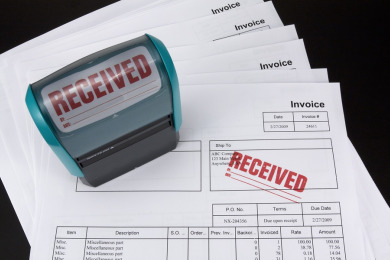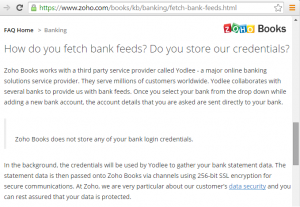MYOB Payment Terms
I wrote a blog post about getting paid on time back in late June 2012 and thought I would share some information that might help if your customers are not paying according to your MYOB Payment Terms.
If you are not already aware, MYOB enables you to set payment terms at three levels:
- System wide default
- Customer (or supplier) card level
- Transaction (ie. Invoice) level
Debtor Control and Credit Risk
Setting up MYOB Payment Terms enables you to maintain tight control of your credit risk. When the MYOB Payment terms are set-up correctly you can run reports that show exactly how much money is owed to you and how old it is. The age of the debt is referred to as the Aging Period and it’s commonly 30, 60 or 90 days. We teach these MYOB skills in our MYOB Day-to-Day Transactions course.
Direct Debit Facilities
If you work in or own a business that provides ongoing services and charges a monthly fee then a direct debit facility is something you should definitely look into. Direct Debit services are traditionally offered by the major banks like St George Bank, but there are also some small and nimble companies that help you get paid on time and here are a couple of them:
When you decide to use these services you would create another “bank account” in your chart of accounts and keep track of the money that goes into these accounts, the fees they charge and then the money that comes out and into your main bank account. It’s very similar to setting up a Paypal account for your company, the Paypal account becomes another bank account in your MYOB file that needs to be reconciled.
I hope these tips help to reduce your debt collection woes and make for happier, healthier bookkeeping.














